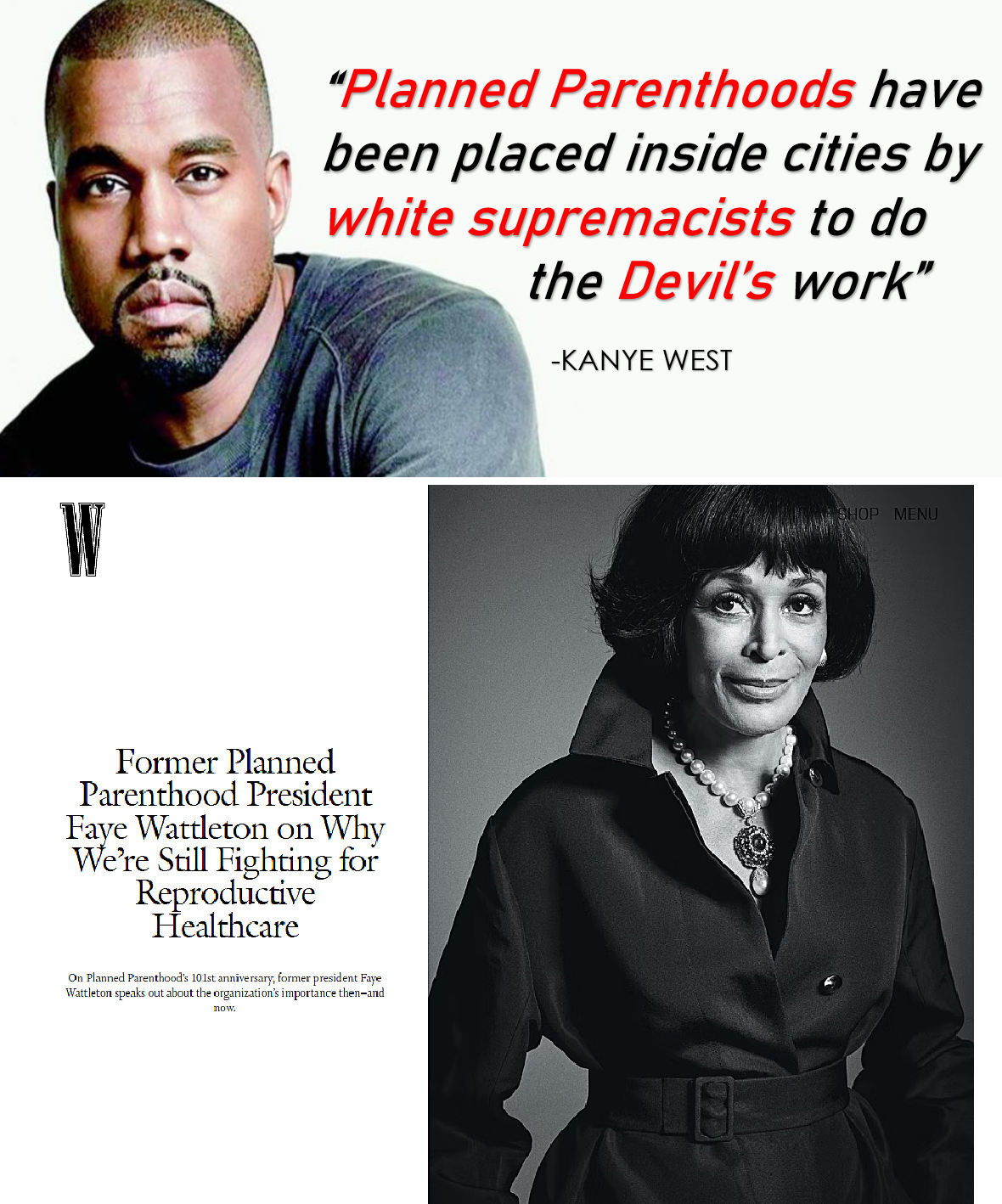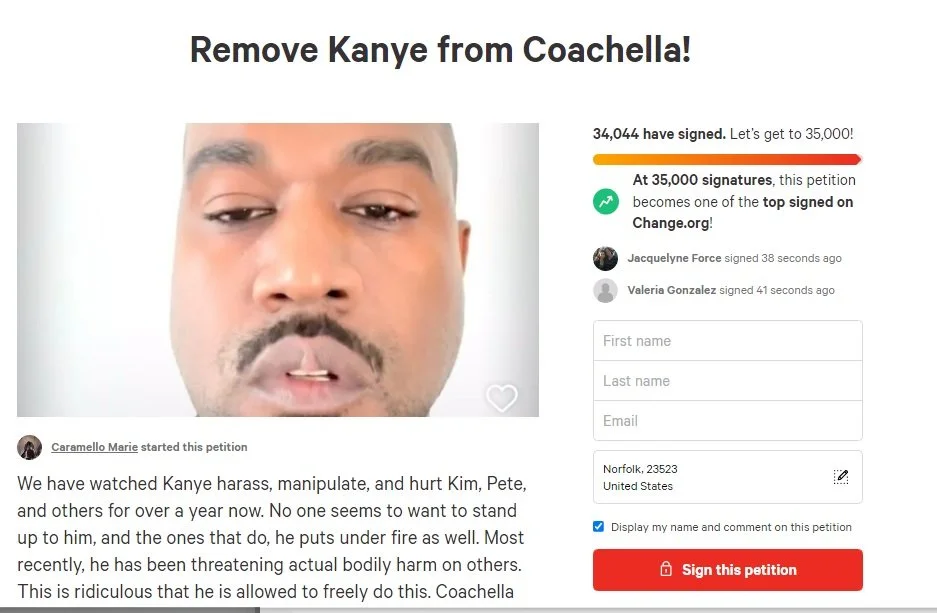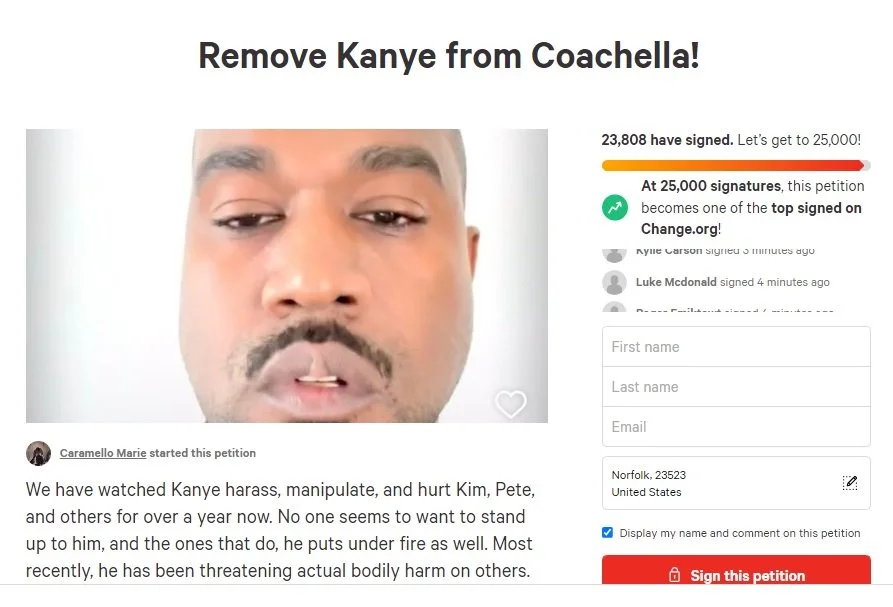SIA Legal Team + If/When/How Unite As Pro-Choice Counter To Anti-Women Federalist Society
/Merger of SIA Legal Team and If/When/How reproductive justice lawyers unit announced March 13, 2019
Two powerful groups fighting for women’s reproductive rights have joined forces under the If/When/How name. Their goal? Creating a national network to push back against restrictive abortion legislation in every state, helping those ‘whose rights are being trampled.’
The merger of SIA Legal Team and If/When/How—two existing pro-choice groups that already shape policy, file lawsuits, and inform lawyers around reproductive rights issues — launched today March 13. To date, most legal work in the reproductive rights arena has focused on protecting clinics and providers. Executive director Jill Adams says the new organization will also focus on providing a network of attorneys for everyday people facing reproductive rights challenges.
Ryan Magers Madison County, Alabama
Examples of new lawsuits include that of Alabama man Ryan Magers of Madison County, Alabama, who recently filed suit on behalf of an aborted fetus, claiming that his girlfriend had a medication abortion against his wishes in February 2017. In the law suit, filed in January, Magers filed a petition to serve as the “personal representative” of the aborted fetus’ estate.
Next, Magers sued the clinic that performed the abortion, the Alabama Women’s Center for Reproductive Alternatives in Huntsville, on behalf of himself and “Baby Roe,” as the fetus is referred to in court documents.
On March 5, Madison County Probate Judge Frank Barger granted Magers’ petition to represent the estate in a decision his attorney, Brent Helms, said broke new legal ground.
NARAL President Ilyse Hogue called the decision a “very scary case”. “This is the logical consequence of all anti-abortion activity,” tweeted Erin Matson, founder of Reproaction. “Fetuses are treated like people and women and people who can become pregnant are not.”
In November 2018, Alabama passed a state constitutional amendment making it Alabama state policy to “ensure the protection of the rights of the unborn child” and “recognize and support the sanctity of unborn life and the rights of unborn children, including the right to life.”
This action is a setup for passing personhood legislation, which would establish the “fetal personhood” of a fertilized embryo, putting the state of Alabama in legal charge of pregnant women in the state. If this legal case sounds like it’s right out of The Handmaid’s Tale, it is.
A Federalist Society for Women’s Rights
Announcing the formation of If/When/How,, communications director Andrea Grimes likened the new organization to a pro-choice counter to the Federalist Society, committed to stripping women of their reproductive rights.
In announcing the direct outreach to legal professionals across America, Grimes explained: “[Lawyers] know they have skills and knowledge and privilege and influence that could be of use, but to date there has been no place for them to plug into the reproductive rights and justice movement and so all of that talent and potential has been lost.”
Operating as If/When/How, the new organization will pursue SIA Legal Team’s mission of decriminalizing self-managed abortions. Anti-abortion forces like The Federalist Society, argue that the US Constitution must be strictly interpreted in 2019, as it was written when women had no rights — although abortion was legal. The Federalist Society oppose nearly every form of contraception, not only abortion.
In addition to its goal of decriminalizing self-managed abortions, the new organization will also focus on other issue areas including improving young people’s access to abortion and securing public insurance coverage for the procedure. The group will also be working on legal routes to overturning the Hyde Amendment.
If/When/How already operates law school chapters on 100 campuses in the U.S. and Canada, with more than 10,000 alumni. Brigette Amiri, deputy director at the ACLU's Reproductive Freedom Project, is one of the more public members of the organization. Wednesday’s merger will double the group’s staff, giving it representation in eight different cities around the country. Based in Oakland, Calif. the group will have a major presence in Texas and New York. Read more about this important new group in the legal fight for reproductive justice and consider funding a monthly donation.
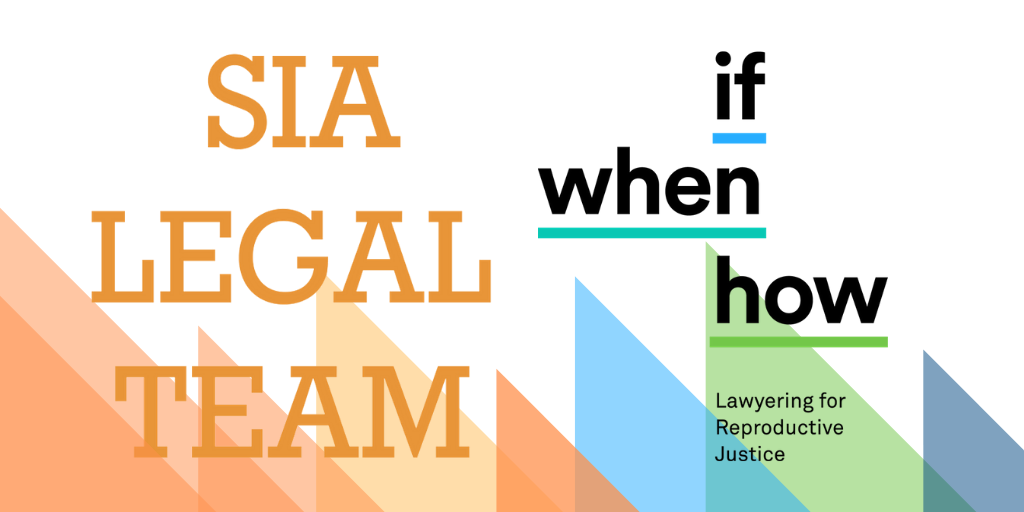

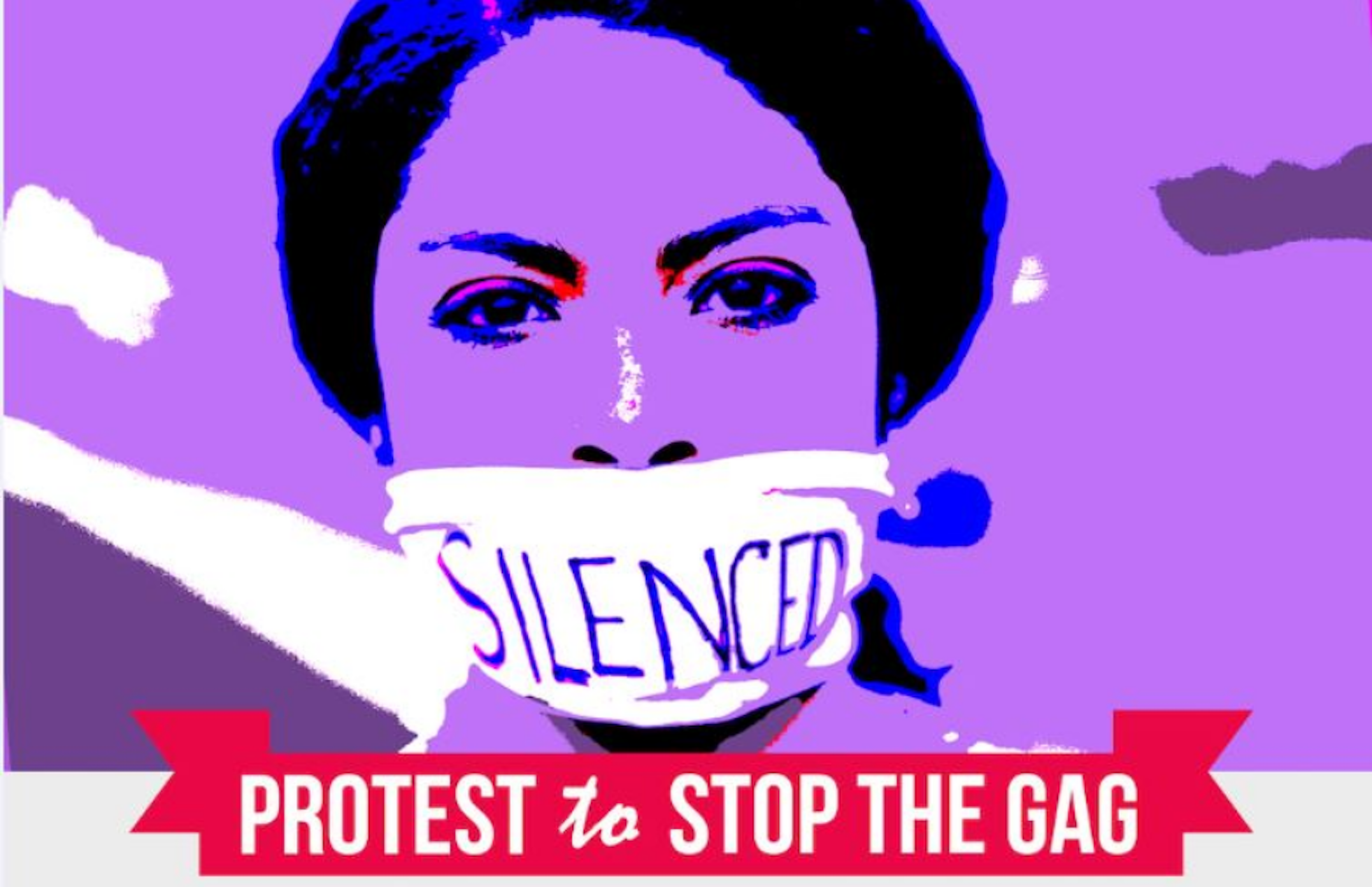

























![Kanye West's [aka Ye] Refusal to Treat His Mental Illness Is No Excuse For His Anti-Semitism](https://images.squarespace-cdn.com/content/v1/55f45174e4b0fb5d95b07f39/1666238183530-4WVG9SNG88HTSKQ0WWDV/Is+Kanye-West-Running-Out-of-Platforms.png)




